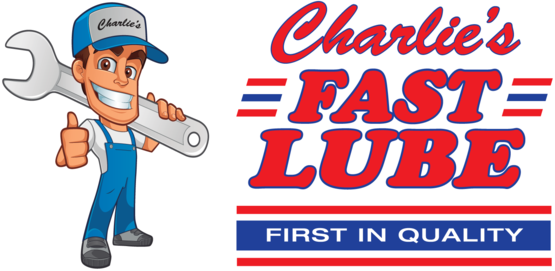Fuel for Thought
October 11, 2020
If you're like most people and drive a gasoline-powered vehicle, you need to be up to speed on its fuel-related components. They're pretty basic: the fuel, the fuel filter and the fuel pump.
The fuel's the easy part. You probably gas up your vehicle yourself and, if you're like most drivers, price is a big factor in what you put in your vehicle. Maybe you think it doesn't matter what kind of gasoline you buy, but one major automobile association has found it does make a big difference.
Their study showed that the additives that are put in different brands can affect your vehicle's performance. Certain gasoline retailers sell gasoline that meets performance standards called Top Tier. The detergents used in Top Tier gasoline help protect newer engines from carbon buildup and deposits on intake valves, all things that can affect how smoothly your engine runs, how it accelerates and what kind of fuel economy you get. You can check online or ask your service advisor where to buy Top Tier gasoline.
Another fairly simple component is the fuel filter. Depending on the age of your vehicle, you either have a separate fuel filter or one that's part of the fuel pump. The fuel filter keeps the crud out of your engine's fuel injectors. You'll get a hint that your fuel filter might be clogged if you notice your vehicle won't start, your power isn't what it used to be, your fuel economy is suffering or your Check Engine light is on.
Check with your service advisor to see what your vehicle manufacturer's recommendations are on how often to service your fuel filter. Regular maintenance can prevent expensive repairs in the future.
Finally, the most complicated part: the fuel pump. As you may have guessed, it is the part that gets the gasoline out of the tank and into the engine. If the fuel pump starts to fail, it can make a clicking or whining noise when your vehicle is running. Your engine may misfire, lose power while driving or might be hard to start in the morning. And that Check Engine light might go on. One thing that helps prolong the life of a fuel pump is keeping your gas tank at least a quarter-tank full at all times. It helps lubricate and cool the pump. If you've detected some of the symptoms of fuel pump failure, tell your service advisor.
Knowing a little about your fuel system really can be a gas!
Need Service?
More articles from Charlie's Fast Lube Jackson

Feeling Powerless (Why Is My Battery Light On?)
March 30, 2025
When one of your vehicles warning lights comes on, the first thing that comes to mind is, Oh, no, whats wrong now? When its the battery light, it means theres something wrong with your vehicles battery or charging system. And because both are important for your vehicle to work properly, its a go... More

Your Vehicle's Hissy Fit (AC System)
March 23, 2025
When you hear hissing sounds coming from your vehicle, you might start thinking the worst. One type of hissing coming from around your air conditioner may be a normal sound, or it could be a sign of serious trouble. First - the normal sound. When you turn off your vehicle, the refrigerant goes... More

Your Biggest Fan (Radiator Fan Problems)
March 16, 2025
Your vehicle's engine makes a lot of heat when it's powering you down the road, so it needs a way to get rid of that energy. That's why your vehicle has a cooling system, complete with a radiator and one or two radiator fans, also called cooling fans. Those fans make sure air keeps moving acros... More










